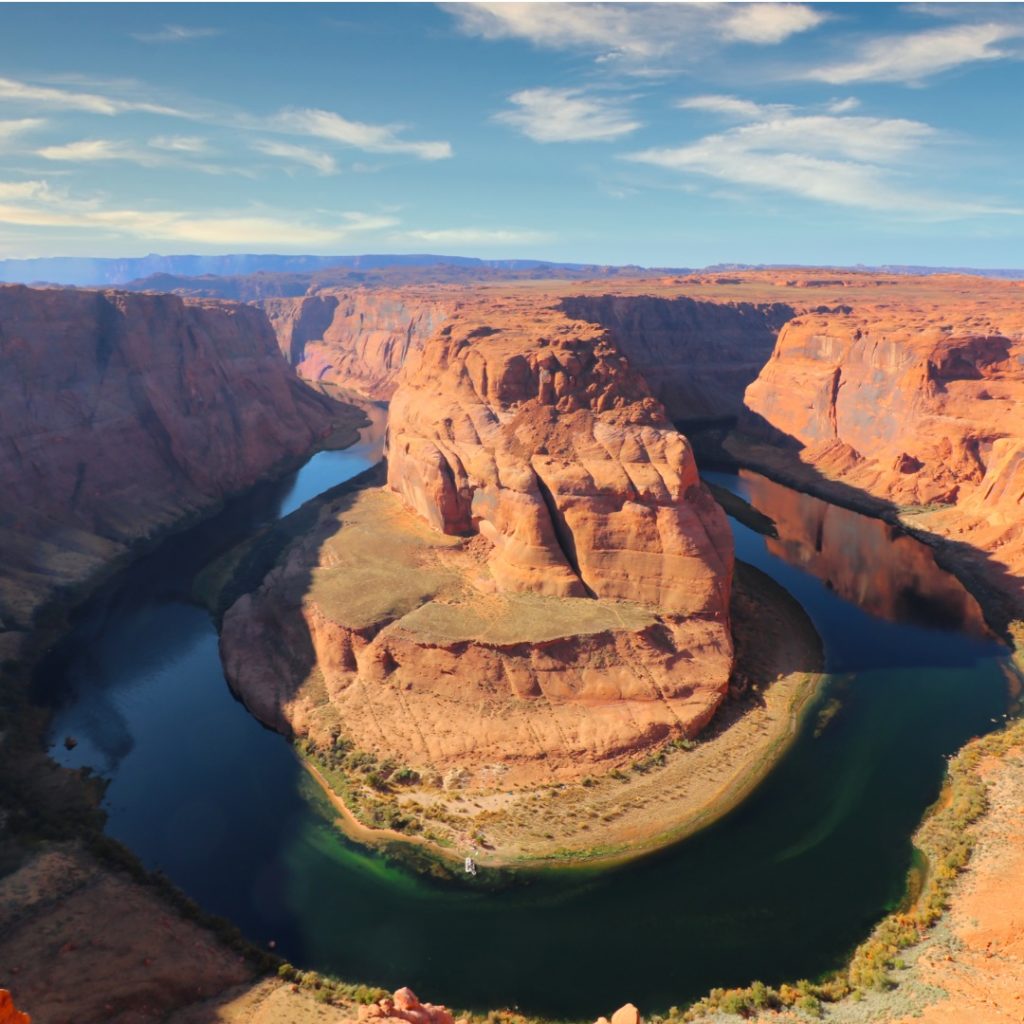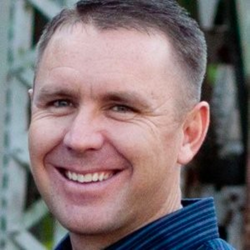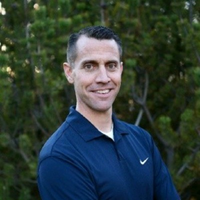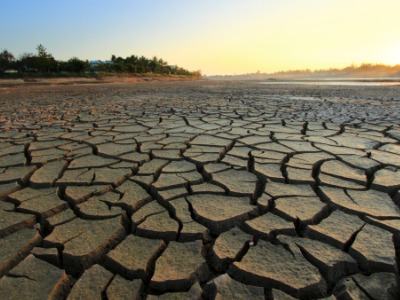Utah Drought: Addressing Water Restrictions
This webinar covers how organizations manage water conservation through drought, water restrictions, and regulatory changes.
June 2022

In Utah, droughts can last close to a year. Around 70% of the state has been impacted by intense drought during historically dry times.
Droughts bring a host of new complications, from stressed landscapes to increased risk to regulatory crackdowns by water agencies. In Utah, a diminishing snowpack means there’s less opportunity to naturally fight off hot, dry conditions. Reservoir reserves, which typically carry Utahns through the dry years, are running low.
In our “Drought in the West” webinar series, we’ll cover how organizations across the state can use less water and find ways to manage this critical resource more effectively. Drawing on expertise from Utah-based water experts, we’ll cover how to build water flexibility into your organization, so you can be prepared for inevitable droughts and water restrictions.
We’ll discuss:
- Maximizing water efficiency with smart, practical water management
- The specifics of the Utah water ecosystem as it stands today
- Use cases of successful water conservation through extreme droughts and new restrictions
- The rebates and incentives available to Utahns who commit to water management
- The impact of drought on water managers and other associated stakeholders

Featured Speaker:
David Rice, Conservation Division Manager of Weber Basin Water Conservation District
David Rice was born and raised in South Eastern Utah and has spent most of his life in Utah. David received his Bachelor’s degree from Weber State University in Biology and Secondary Education. In 2000, David decided to continue his education at Utah State University and received his Master’s degree in horticulture and water-efficient landscaping. He worked for the Jordan Valley Water Conservancy District from 2002-2007 as the Demonstration Garden Manager, eventually being promoted to Conservation Programs Manager. David now works for the Weber Basin Water Conservancy District as the Conservation Programs Coordinator.

Co-Host:
Ben Coffey, Training Manager | Product Specialist
After graduating from the University of Northern Colorado in 1999, Ben started working with WeatherTRAK in 2004 when he was still an Irrigation Tech in Denver, Colorado. In 2006 he began working for HydroPoint as a WeatherTRAK Product Specialist and began training other contractors and irrigation nerds how to be successful using the WeatherTRAK System. In 2012 Ben began as the HydroPoint Training Manager and is in charge of all forms of customer training, including live training events, On Demand training content for YouTube and LearnUpon, as well as weekly training webinars.

Co-Host:
Brady Pitcher, Water Management Solutions of Sprinkler Supply Company
After graduating from the University of Nevada in 2003 with a Bachelors in Landscape Architecture, Brady has worked in the Landscape and Irrigation industry for just shy of two decades. His most current role is Water Management Solutions at the Sprinkler Supply Company in Salt Lake City, Utah. He’s been on their team for 7 years and assists in leading the way through the use of the latest irrigation water management tools.

Sustainability Plan| A Cheat Sheet for Smart Businesses
If the time has come for you to evaluate sustainability initiatives and HydroPoint has done the research for you. We’ve created a choose-your-own-adventure for sustainability planning. To help you start working out cost, complexity, and long-term implications, here are the questions you need to ask.

Smart Water Management
Webinar Series
This webinar series focuses on our solutions (Baseline, WeatherTRAK and WaterCompass ) and tips and tricks for managing your site’s water use remotely. Join the conversation during one of our FREE webinars.

10 Habits Learned from Drought
To curb water use and prohibit water waste, measures were put in place at local and states levels. During that time, companies adapted many new green practices they learned from drought restrictions and regulations.

